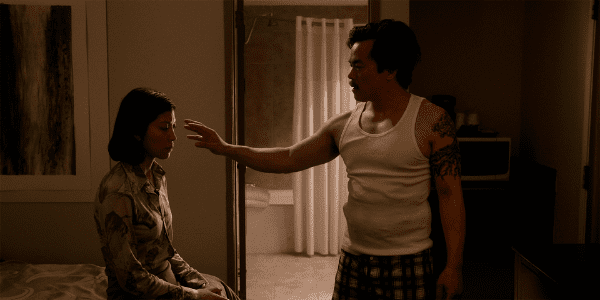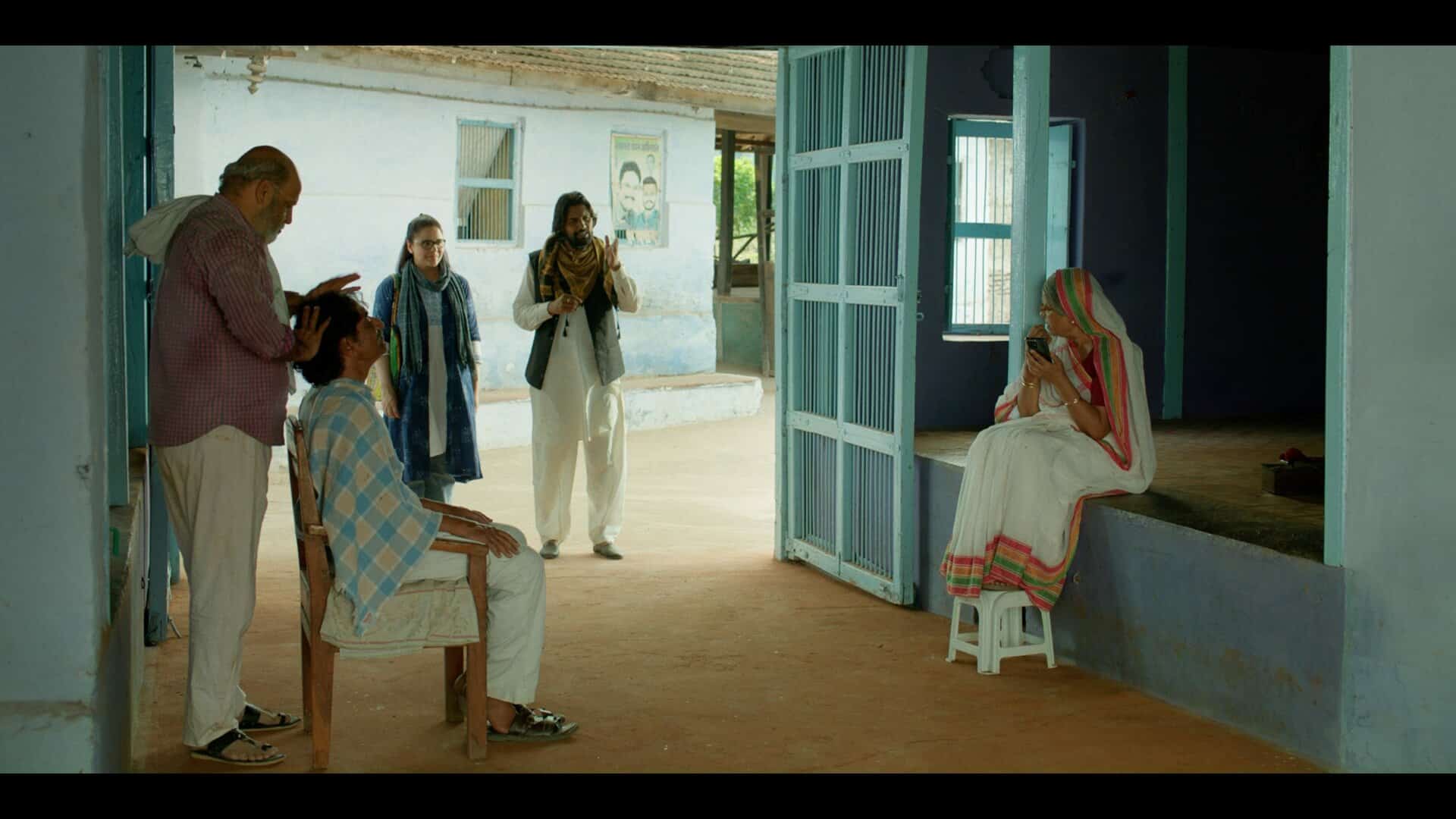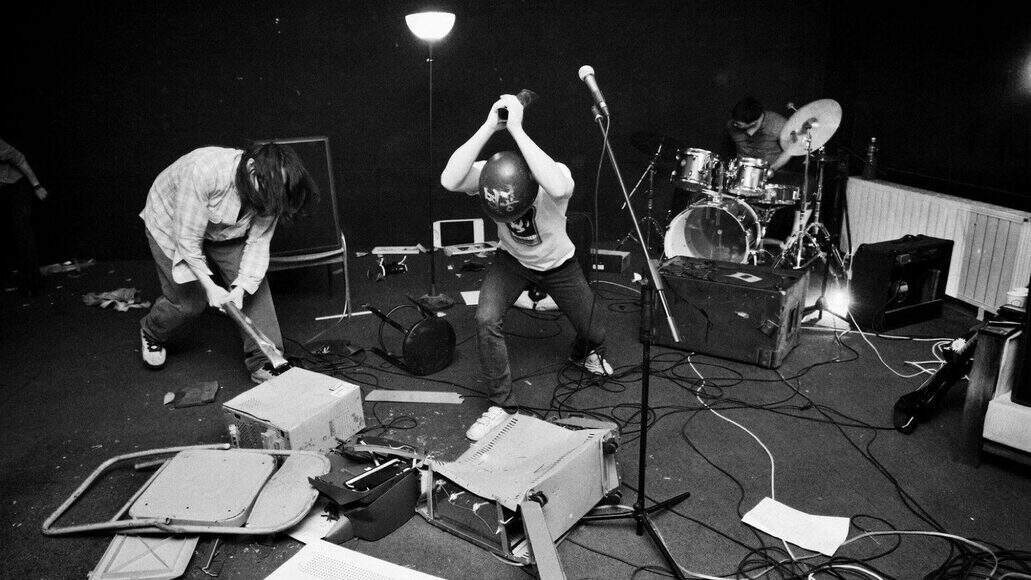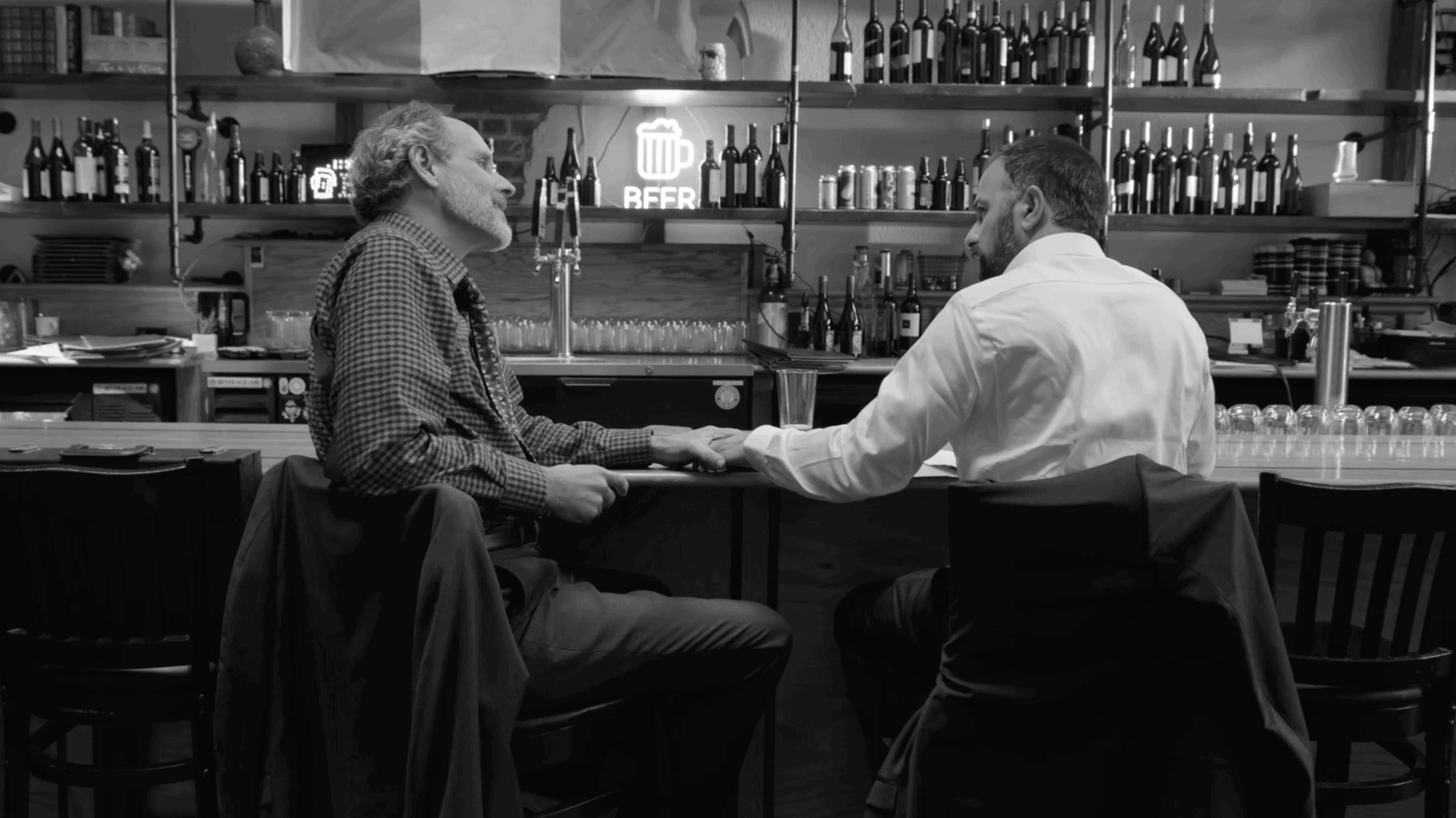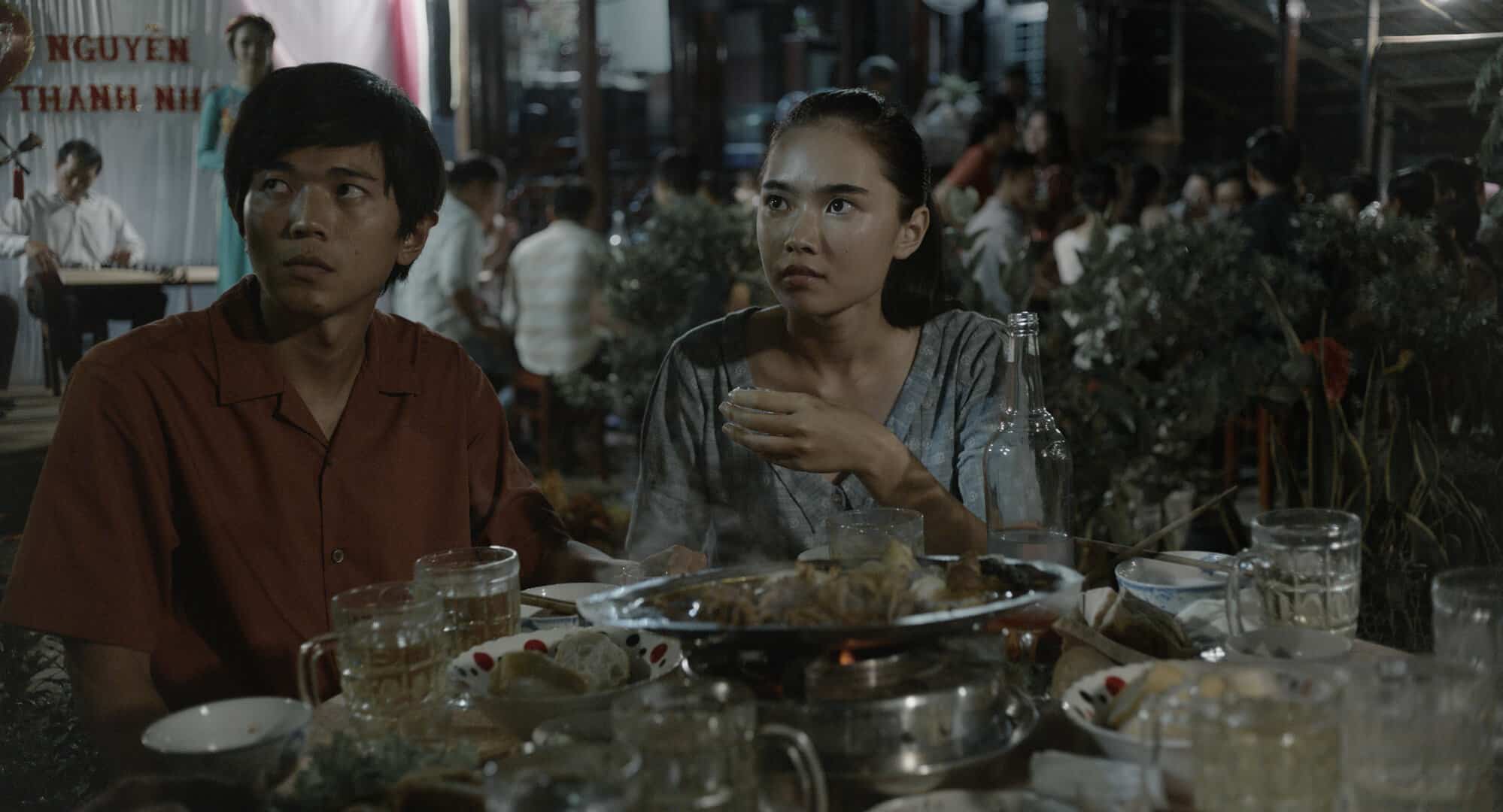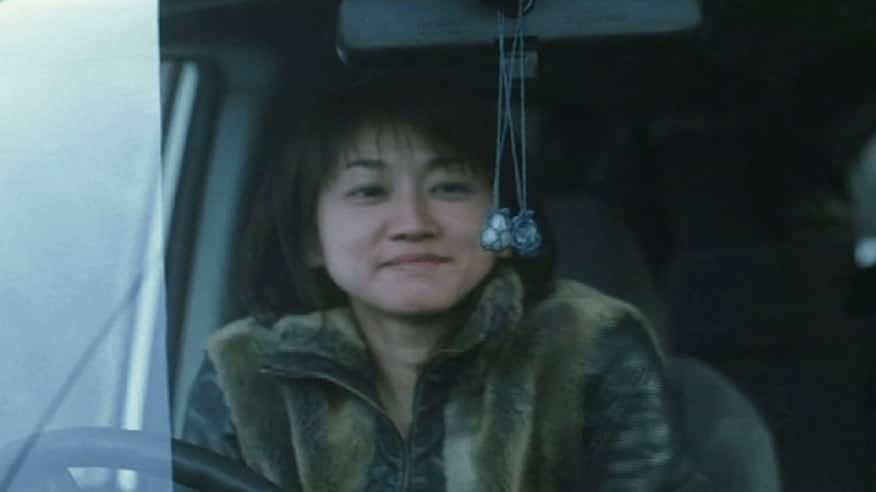Chris Chan Lee is a Korean American independent filmmaker. In his debut feature “Yellow” he told a story of Korean-American teens, whose graduate night turns into a thriller. His second full-length movie “Silent River”, screening at San Diego Asian Film Festival in Asian American Panorama section, doesn't focus on Asian-Americans or ethnicity-related issues. The only spoken language is English, and while the main characters have Asian roots, the fact bears no meaning to the storyline. You could swap them with anyone.
“Silent River” is screening at San Diego Asian Film Festival

The movie starts with a man (West Liang) traveling in his car through the American desert. Eerie music sounds in the background and a landscape of yellow-red rocks, dried tree trunks and sands add to the uncanny atmosphere. A man arrives at a parking lot of a cramped motel and limping, carries his suitcase to unpack it in a generic room. He is on a verge of kind of a breakdown, possibly waiting or searching for someone. We won't get to know much about Elliot, apart from he misses his estranged wife. The slow-paced narration shows him through all kinds of mundane activities, but there's an underlying sense of mystery (accented also by a background score), which soon will manifest quite openly with sequences of bizarre dreams and visions haunting him. Then Elliot encounters an enigmatic Greta ( Amy Tsang), a lone woman, also a motel's client, resembling him his wife. She carries her own bag of secrets.
The story meanders between real and unreal, exploring the character's isolation and confusion. It's hard to distinguish what on screen actually happened and what is just a parallel of the troubled protagonist's mental disintegration.
As the story happens mostly in the dim-lighted interiors, there's a sense of intimacy and claustrophobia in it. West Liang plays his character with a range of emotions, fittingly mirroring his inner conflicts and disarray. Amy Tsang as Greta for contrast is cold and reserved in a film noir's femme fatale style, which gives their duo interesting dynamics. Memorable performance comes also from Max Faugno, who has the most challenging part (though I won't elaborate on it so that not to spoil the fun of watching).
The 2-hour film tries to evoke a Lynchesque hallucinogenic world of an enigma, in which familiar turns strange and unaccustomed, but it promises more than it gives, leaving with a sense of unfulfillment. In the end, the story seems like a puzzle with too many pieces missing, which just don't fall into place and the script lacks more substance. Also, some cuts on the editing table wouldn't harm. However, there's enough to engage a viewer, and the biggest plot twist comes unexpectedly. The movie also bears this indie craziness in mixing conventions, so you'll find pieces of psychological drama, desert mystery, combined with bits of film noir mood and some SF extravaganza. The crew operates well with given material and resources.
The biggest assets in building the atmosphere come from the cinematographer (Norbert Shieh) and the composer (Brian Ralston). Shoe-string budget-related restrictions may seem limiting, but “Silent River” puts a lot of creativity in motion to push limits away.


